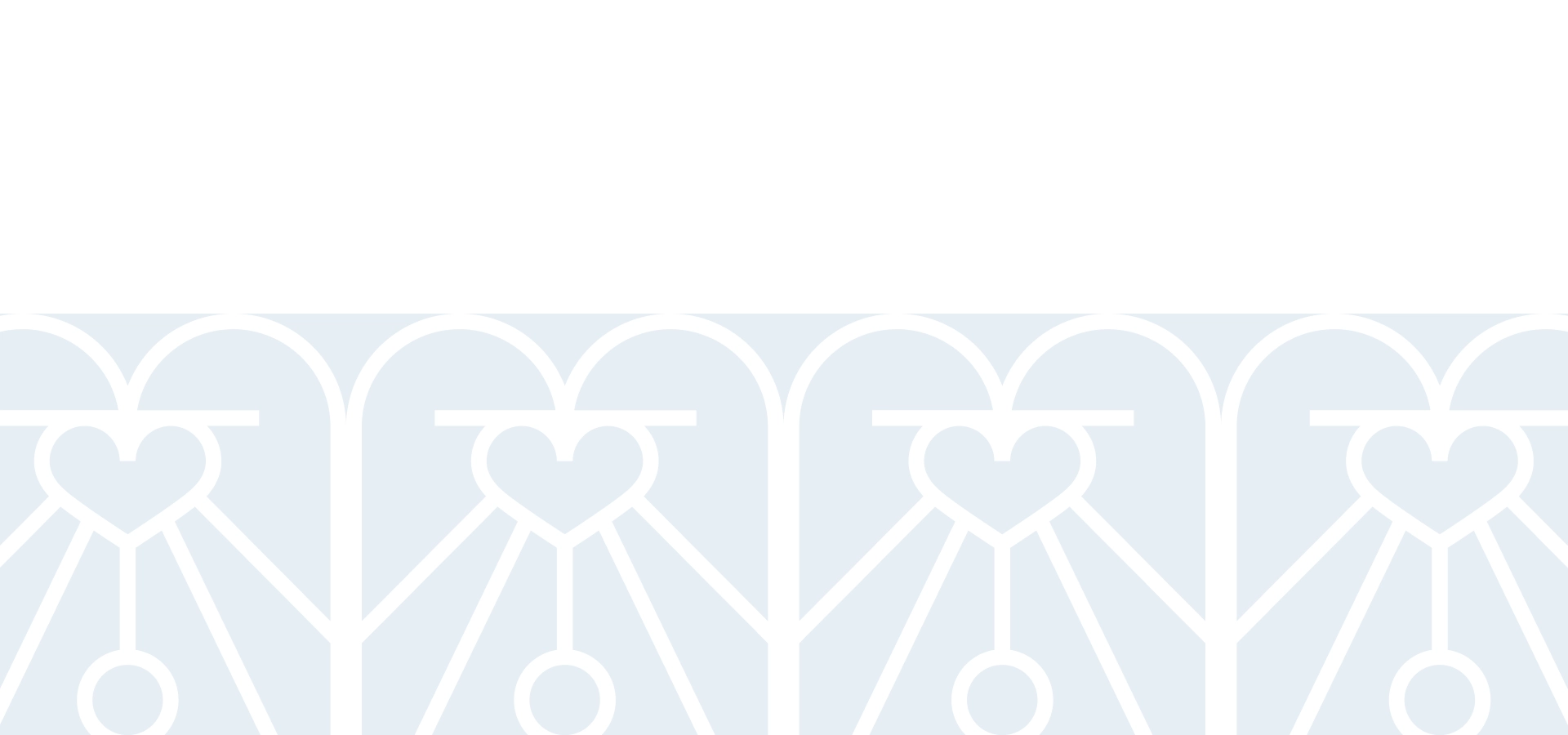There were many career paths Johnny McGee '24 OTD could have pursued. With a Bachelor of Science in Exercise Science and a Master of Science in Exercise and Sports Psychology, he thought he would go into the sports industry. But his grandmother always lingered in the back of his mind.
"My grandma, I used to take care of her," he said. "Like, pretty much until she passed away. And I was always thinking to myself how beneficial it could have been if she had an occupational therapist. That was what made me really want to get into the field."
As he revisited his calling to occupational therapy, McGee and his wife found themselves in the Quad Cities. They had just had their first child and wanted to be closer to family.
"Her family's from out here, so we wanted to get some help with raising kids," he said. "I saw that St. Ambrose had the occupational therapy program so I thought it was the perfect fit since I wanted to go back to school to get that degree."
Making the Quad Cities home proved to be the perfect move for McGee's career and his family.
Since beginning the rigorous occupational therapy program at St. Ambrose, McGee and his wife have found themselves the parents of four children ages four and under. In that time, McGee has found comfort and strength in his support system - led by his wife - but also consisting of family and professors at St. Ambrose.
"When I started the program, I had two kids, then my wife got pregnant again. So, we ended up with two more kids. It was a big transition that changed our household, changed work," he reflected. "My professors, Anne Lansing, OTD, and Brenda Hughes DrOT, were very supportive and helped me out. I was getting overwhelmed balancing raising kids, working, and going to school, but they were there for me throughout the whole program. I could talk to them, ask them anything, vent to them. They were just a good support system and helped me learn time management."
McGee found St. Ambrose to be a place that challenged him to think differently and taught him the value of a person-centered approach to healthcare. He witnessed the power of this method in his fieldwork. A client who refused to work with other therapists found success and increased his quality of life thanks to the personalized approach McGee took in his care.
"I knew what he liked, I knew what he wanted to work on, and I knew what his goals were," McGee recalled. "The other therapists were doing stuff that didn't really matter to him. He didn't see the point of working with them, but he saw the point of working with me because I explained how this could help him."
"We worked together for about a month and a half. He cried on my shoulder and told me ‘Thank you,' and, ‘he couldn't have gotten there without my help.'"
These are the moments and lessons that resonate with McGee as he prepares to enter the workforce as a Doctor of Occupational Therapy graduate.
"You can have all the knowledge in the world, but if you don't know how to talk to people it's going to be hard for you," he said. "That's something that really stuck with me."
The OT program has allowed McGee to grow his confidence and find his passion within the vast space of occupational therapy - a passion that was always there, but he wasn't exactly sure how to channel until now.
For his capstone project, McGee developed a toolkit to promote greater access to assistive technology in homes. The toolkit would help lower-income individuals explore assistive technology options with a list of resources to use grant funding to apply for equipment. It's something he says his grandmother could have greatly benefitted from.
"It's about making assistive technology and home modifications cheaper so that people who need it can benefit from the resources available to them," he said. "That way, other people won't have to deal with what my family went through."
It's a passion project he plans to continue working on after graduation and hopes to provide to practitioners in the Quad Cities.
"I've been talking to a few organizations in the Quad Cities area that like my project and want to do something together," he said. "It's something that I want to be able to get to everybody, not just OTs. All medical professionals can use this."


